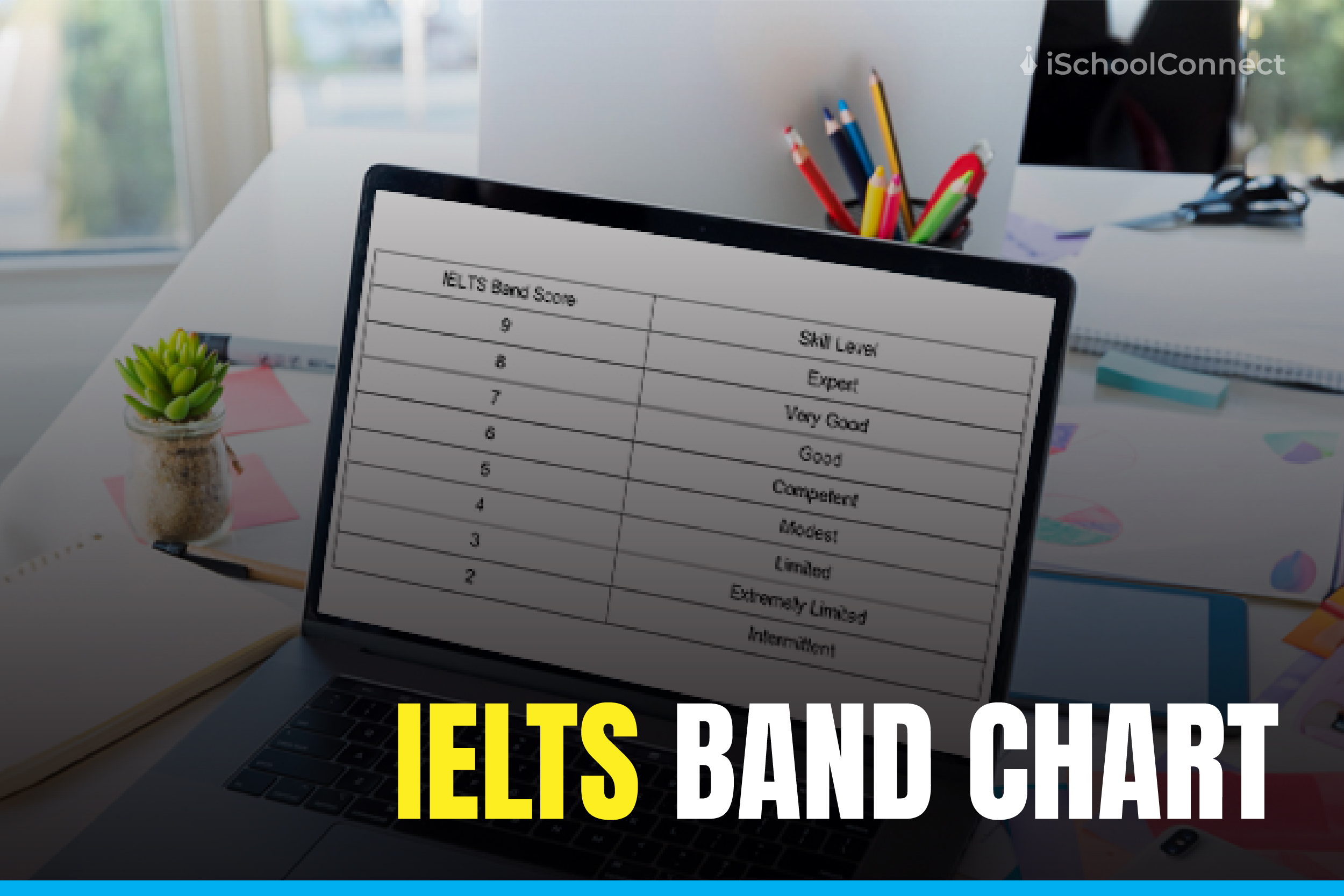Table of Contents
Why improve vocabulary for IELTS 2023?
Improving vocabulary is crucial for success in the IELTS exam. A strong vocabulary enhances performance in all modules of the test. It helps accurately express ideas, achieve coherence and cohesion in writing, and demonstrate lexical resources. A broader vocabulary for IELTS aids in reading comprehension, allowing a better understanding of texts and unfamiliar words. Having good vocab helps students ace the listening section by enabling them to interpret conversations and lectures accurately. Similarly, when it comes to the speaking section, vocabulary facilitates effective communication and expression of thoughts. Additionally, vocabulary development assists in paraphrasing and using synonyms, which are vital skills for achieving higher scores.
Important vocabulary for IELTS 2023
As you prepare for the IELTS exam, it is essential to expand your vocabulary to understand the reading passages, comprehend the listening materials, and write and speak effectively. We have provided a selection of critical IELTS vocabulary words, organized by topics, to assist you in increasing your lexicon in preparation for the exam.
Education
| Word | Definition |
| Curriculum | The subjects comprising a course of study |
| Pedagogy | The Theory and Practice of Teaching |
| Literacy | The ability to read and write |
| Scholarship | Academic study or achievement; a grant or payment made to support study or research. |
| Academic | Relating to education and scholarship |
Technology
| Word | Definition |
| Innovation | A new method, idea, or product |
| Automation | The use of technology to perform tasks without human assistance. |
| Virtual | Existing or occurring on the internet or in a simulated environment |
| Algorithm | A set of instructions for solving a problem used in computing. |
| Cybersecurity | The protection of internet-connected systems from theft or damage to their hardware, software, or data. |
Environment
| Word | Definition |
| Sustainable | Able to be preserved over time at a certain rate without the depletion of natural resources or inducing ecological harm. |
| Conservation | The protection and preservation of natural resources |
| Ecosystem | A community of living and non-living things interacting with one another in a specific environment. |
| Pollution | The introduction of harmful substances or things into the environment that causes discomfort to living organisms. |
| Climate Change | A long-term change in the average weather patterns that have come to define Earth’s local, regional, and global climates. |
More useful vocabulary for IELTS
We have also compiled a selection of vocabulary words, phrasal words, and idioms, including their respective meanings. It will assist you in improving your understanding of the language and maximizing your probability of achieving a great result on the test.
Synonyms
| Word | Synonym | Meaning |
| abundant | plentiful | more than enough; copious |
| coherent | clear | logical and consistent; easy to understand |
| deficient | lacking | not having enough of something; inadequate |
| diminish | reduce | to make something smaller or less important |
| enhance | improve | to make something better or more valuable |
| incorporate | include | to combine one thing with another so that they become a whole |
| redundant | unnecessary | more than what is needed or required; superfluous |
Keywords
| Useful words | Meaning |
| Acquire | To gain or obtain something through effort or skill |
| Commendable | Worthy of praise or approval |
| Delve | To search or investigate thoroughly |
| Echelon | A level or rank in an organization or society |
| Erudite | Showing great knowledge or learning |
| Peruse | To read or examine carefully |
| Sophisticated | Complex, advanced, or highly developed |
Phrasal words
| Phrasal words | Meaning |
| Carry out | To complete or accomplish |
| Look forward to | To anticipate or await eagerly |
| Settle down | To establish a home or become calm |
| Bring about | To cause or create |
| Come across | To find or discover |
| Put off | To postpone or delay |
| Bring up | To raise or mention a topic |
Idioms
| Idioms | Meaning |
| Barking up the wrong tree | Making a wrong assumption |
| Bite the bullet | Endure a difficult situation |
| Break a leg | Good luck |
| Cut to the chase | Get to the point |
| Hit the nail on the head | Correctly identify a problem |
| Let the cat out of the bag | Reveal a secret |
| Piece of cake | Easy task |
How to improve vocabulary for IELTS?
There is an abundance of words and phrases that can greatly benefit your performance in the IELTS exam. Therefore, in addition to the previously mentioned vocabulary, it is essential to actively enhance your vocabulary as much as possible. To assist you in this endeavor, here are some valuable tips to improve your English vocabulary for IELTS exam –
- Read regularly: Reading is an excellent way to improve your vocabulary words for IELTS speaking. Broaden your knowledge of words by reading different materials like newspapers, magazines, and books to increase your familiarity with various vocabulary forms.
- Learn words in context: When encountering new words, try to learn and apply them to your daily vocabulary. Understanding the word’s significance and how to employ it in a sentence correctly can facilitate memorization.
- Use flashcards: Flashcards can be useful to increase vocabulary for IELTS. Create flashcards for each new word you learn, with the word on one side and its meaning and usage on the other. Use these flashcards to practice your vocabulary regularly.
- Use a dictionary: A good dictionary is essential for learning new vocabulary words for IELTS. Look up any unfamiliar words you come across and make a note of their meanings and usage.
- Be consistent: The key to retaining important vocabulary for IELTS is to use them regularly. Try to use new words in your speaking and writing as much as possible. You can also practice writing sentences or short paragraphs using new words.
- Use online resources: Many online resources are available to help you improve your English vocabulary for IELTS. Such websites provide updated word lists of important vocabulary for IELTS.
Key takeaways
- By focusing on vocabulary development, you can improve their ability to express themselves accurately and precisely, hence scoring better on your IELTS exam.
- Learn vocabulary for IELTS by focusing on important words, using them in context, practicing them in daily conversation, and learning organically.
- Split your words according to topics like education, technology, environment, and society to make learning easy.
- Academic vocabulary, collocations, and synonyms are other important aspects of vocabulary for IELTS.
Be sure to visit our website for more tips and tricks to help you ace the exam! You can also reach out to us here for any queries regarding studying abroad.
Like this blog? Read next: IELTS requirement for Montreal University | A handy guide
FAQs
Q1. Why is improving vocabulary essential for the IELTS test?
Answer: Knowing more words can help you do better on 25% of the test, which is the writing and speaking parts. When you have a lot of words to choose from, you can talk and write more easily and make yourself understood better.
Q3. How can one easily remember IELTS vocabulary words?
Answer: You can use mnemonics to remember difficult words and ideas. It means creating acronyms or connecting the words to help you remember them better. Putting more effort into making these connections makes you more likely to remember the information.
Q4. Do you need to use complicated words for the IELTS test to score well?
Answer: Using complicated words to do well in an IELTS assessment is not required. The main thing is to concentrate on the precise use and significance of the terms you pick. Employing a challenging language may be advantageous, but it is best to abstain from them altogether if you do not understand its definition or suitable application.






